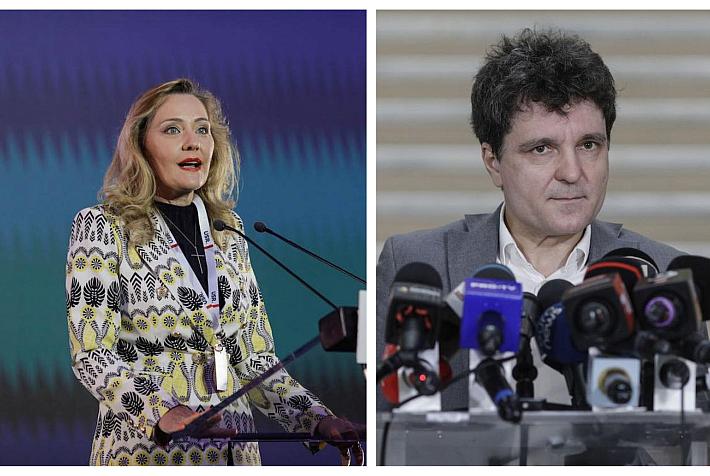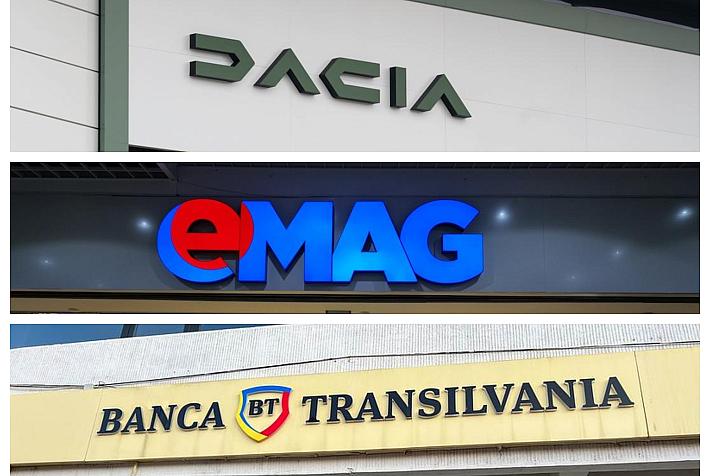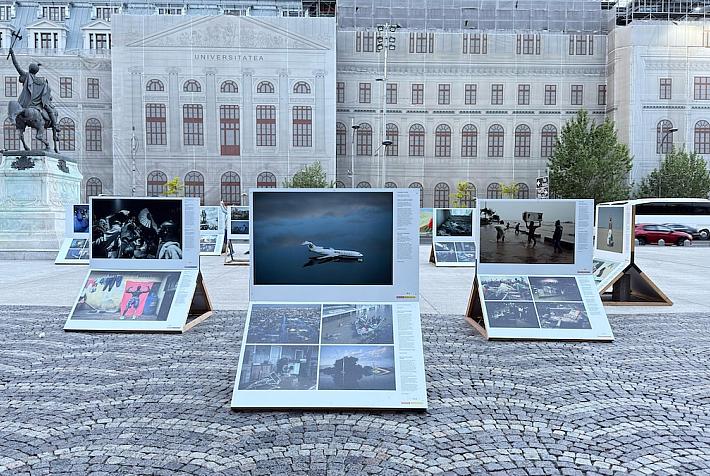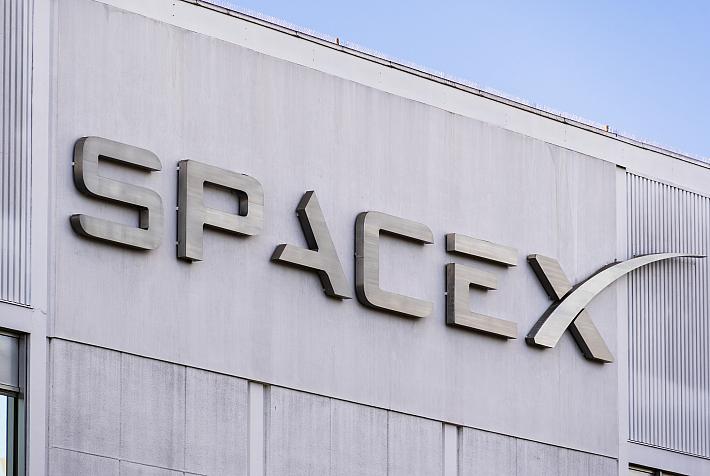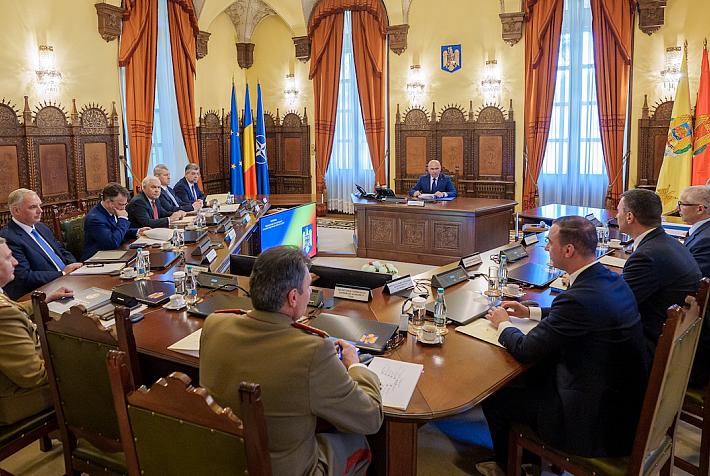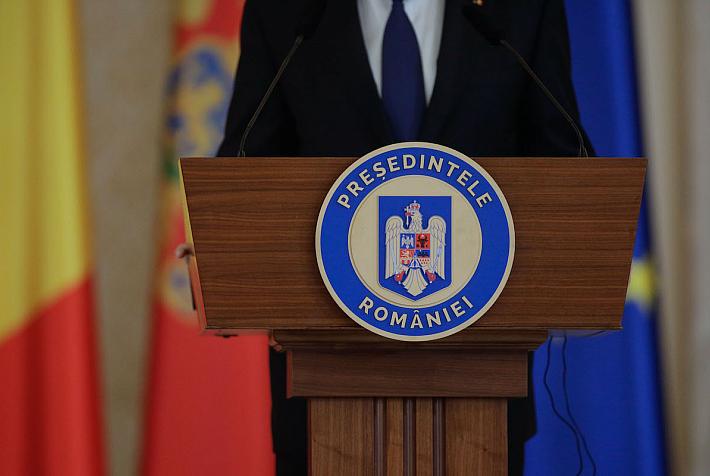Comment: Tough decision for Romania's political man of the moment
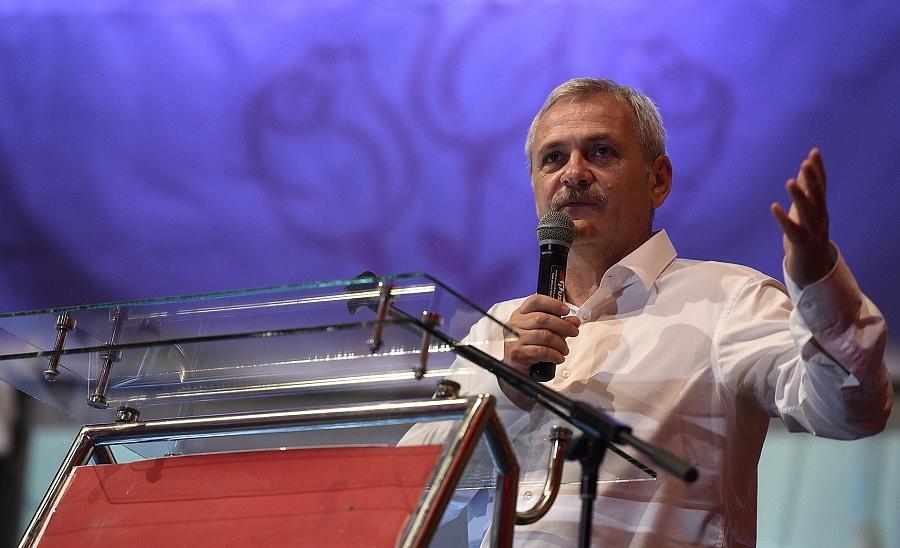
The Social Democratic Party (PSD) may have won the parliamentary elections in Romania, but its leader Liviu Dragnea still has a tough decision to make: who will he nominate for Prime Minister?
Most of his colleagues expect Dragnea himself to be the party’s nomination for the position, and the decision would be obvious if it weren’t for his legal problems, which would likely come into question both internally and abroad. However, if he doesn’t go for the job himself, Dragnea has to make sure that the person he goes with will be easily manageable and won’t turn into his competitor within the party.
Liviu Dragnea is the man of the moment in Romania and a hero for his party. He took the helm of his party in July 2015, after former leader Victor Ponta withdrew due to his legal problems. Ponta, who had lost the Presidential elections in November 2014 to Klaus Iohannis, was on a downtrend but kept his Prime Minister seat.
Meanwhile, PSD members saw Liviu Dragnea as the man who could best shape up the party’s future. Hence, they elected him leader in October 2015. Little did it matter that Dragnea had legal problems of his own. He had stepped down as deputy prime minister and minister of regional development, in May 2015, after a local court found him guilty of electoral fraud in the 2012 referendum for dismissing former President Traian Basescu.
In September 2015, PSD’s score in the polls was only 35%. At that time, the National Liberal Party (PNL) was credited with 42% of the intended vote. Then came October 30 and the Colectiv club tragedy, which seemed to hit PSD even further. People went to the streets in Bucharest and other big cities protesting against the corrupt political class that had ruled Romania in the 25 years that had passed since the 1989 Revolution. They asked for the Government’s resignation.
At that time, Dragnea made an inspired move. He cut his losses by letting Victor Ponta go (Ponta was not really willing to resign at that time, as he didn’t consider himself responsible for Colectiv and knew that it was likely that he would lose everything). Then, PSD played nice and unconditionally accepted President Klaus Iohannis’ proposal for a technocrat government with a one-year mandate, whose main task was to prepare the local and parliamentary elections in 2016.
At first, PSD supported the Government led by Dacian Ciolos, but along the way started behaving like an opposition party while the National Liberal Party (PNL) was perceived as the Government’s main supporter. Thus, PSD started capitalizing on the Government’s failures while PNL was paying the bill.
The fact that Dragnea got a suspended 2-year jail sentence in April 2016 didn’t stop his party’s ascension. This became obvious at the local elections in June, when PSD won over 40% of the votes while the liberals were down at 30%. PSD won Bucharest for the first time in 25 years and became the favorites for the parliamentary elections.
In the campaign for the December 11 elections, PSD’s strategy was simple: they promised everything everyone wanted to hear, including higher salaries, higher pensions, lower taxes, higher investments, more Romanians in the middle class, facilities for entrepreneurs, and so on. The party also intensified its criticism of the technocrat Government and took a nationalistic rhetoric. In PSD’s view, foreign involvement in Romania’s domestic affairs is not welcome. This includes the anticorruption prosecutors quest of eradicating corruption in Romania, which PSD and their allies consider a foreign effort to eliminate the local political elite in order to control the country more easily.
These messages brought PSD and its allies, the Liberal Democratic Alliance (ALDE), over 50% of the votes and gave them PSD leader Liviu Dragnea the justification to say as the polls closed on Sunday evening: “the vote today shows the Romanians’ clear option” and to add that “all of the state’s fundamental institutions must accept the Romanians’ vote”.
Although, he avoided naming the future Prime Minister as he did all throughout the campaign, he hinted that the people who voted for PSD also voted for him. “The others (the two parties that supported PM Dacian Ciolos) have personalized this campaign very much and made it about Dacian Ciolos versus Liviu Dragnea. The Romanians have kind of decided today,” Dragnea said on Sunday evening.
Bucharest mayor Gabriela Firea, probably the party’s second most influential leader after her victory in the June elections, stated her support for Dragnea’s nomination in a Facebook post: “From my point of view, Romanians have cast a clear vote for Liviu Dragnea – Prime Minister,” she said, adding that President Klaus Iohannis should get used to the idea.
On Monday, several PSD regional leaders suggested that the party may push for suspending the President if he didn’t agree to Dragnea’s nomination.
Before the start of the elections campaign, President Iohannis said he wouldn’t nominate a person with legal problems for Prime Minister. Moreover, he didn’t invite either Liviu Dragnea or former PM Calin Popescu Tariceanu at the December 1 celebration events.
According to Romania’s Constitution, the President nominates a person for Prime Minister after consultations with the parties represented in the Parliament. However, in the current situation, the President doesn’t have much of a choice but to accept the proposal made by PSD and ALDE, as they have the majority in the Parliament and the Parliament validates the Government.
However, it’s not all that simple for Dragnea as a law voted in 2001 states that a person who has a final conviction can’t be a member of the Government. Thus, appointing Dragnea for Prime Minister would be illegal. However, the Parliament can change that law, but that would delay the forming of a new Government.
In addition to the legal problem, there’s also the question about what message does Dragnea want to pass to local institutions and Romania’s foreign partners. In his victory speech on Sunday evening, Dragnea assured the foreign partners that the country would continue to respect its international political and economic commitments. Consolidating the rule of law and fighting corruption are important for Romania’s partners in the EU and NATO. If he goes all in and nominates himself for PM, this will be a strong signal that the new regime doesn’t plan to move on with the fight against corruption, which would shut many doors for him abroad.
However, if he takes the high road and names someone else for the job, Dragnea may raise a serious competitor for him within the party. Not an easy decision!
The top 10 economic promises that helped the Social-Democrats win the elections in Romania
Andrei Chirileasa, andrei@romania-insider.com






